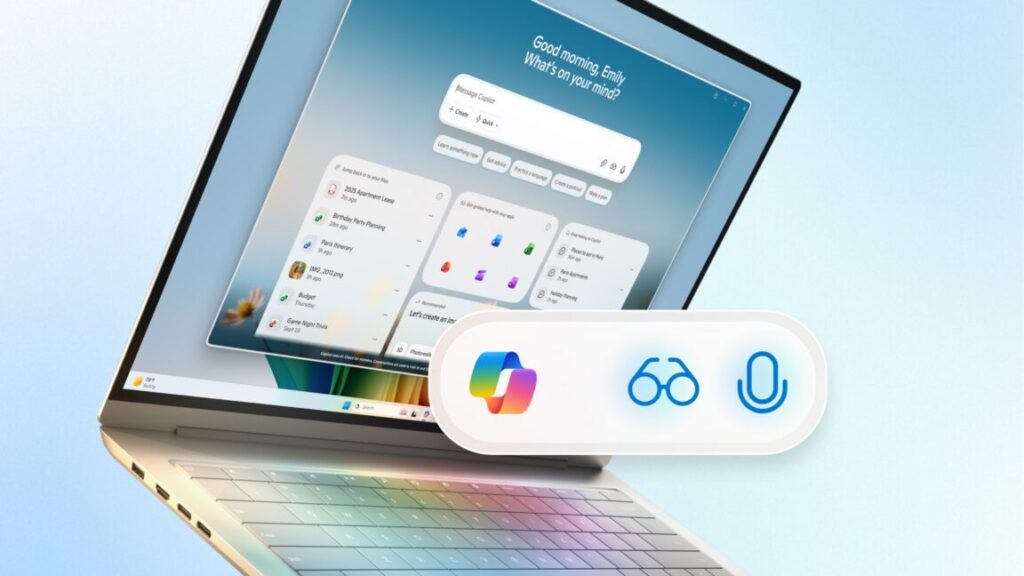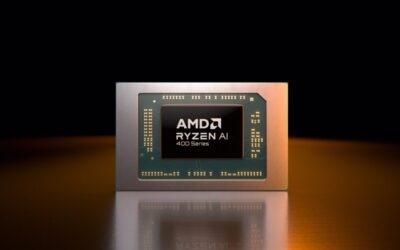Like virtually every major Windows announcement in the last three years, the spate of features that Microsoft announced for the operating system today all revolve around generative AI. In particular, they’re concerned with the company’s more recent preoccupation with “agentic” AI, an industry buzzword for “telling AI-powered software to perform a task, which it then does in the background while you move on to other things.” But the overarching impression I got, both from reading the announcement and sitting through a press briefing earlier this month, is that Microsoft is using language models and other generative AI technologies to try again with Cortana, Microsoft’s failed and discontinued entry in the voice assistant wars of the 2010s. According to Microsoft’s Consumer Chief Marketing Officer Yusuf Mehdi, “AI PCs” should be able to recognize input “naturally, in text or voice,” to be able to guide users based on what’s on their screens at any given moment, and that AI assistants “should be able to take action on your behalf.” The biggest of today’s announcements is the introduction of a new “Hey, Copilot” activation phrase for Windows 11 PCs, which once enabled allows users to summon the chatbot using only their voice rather than a mouse or keyboard (if you do want to use the keyboard, either the Copilot key or the same Windows + C keyboard shortcut that used to bring up Cortana will also summon Copilot). Saying “goodbye” will dismiss Copilot when you’re done working with it. Macs and most smartphones have sported similar functionality for a while now, but Microsoft is obviously hoping that having Copilot answer those questions instead of Cortana will lead to success rather than another failure.
Continue reading the complete article on the original source


